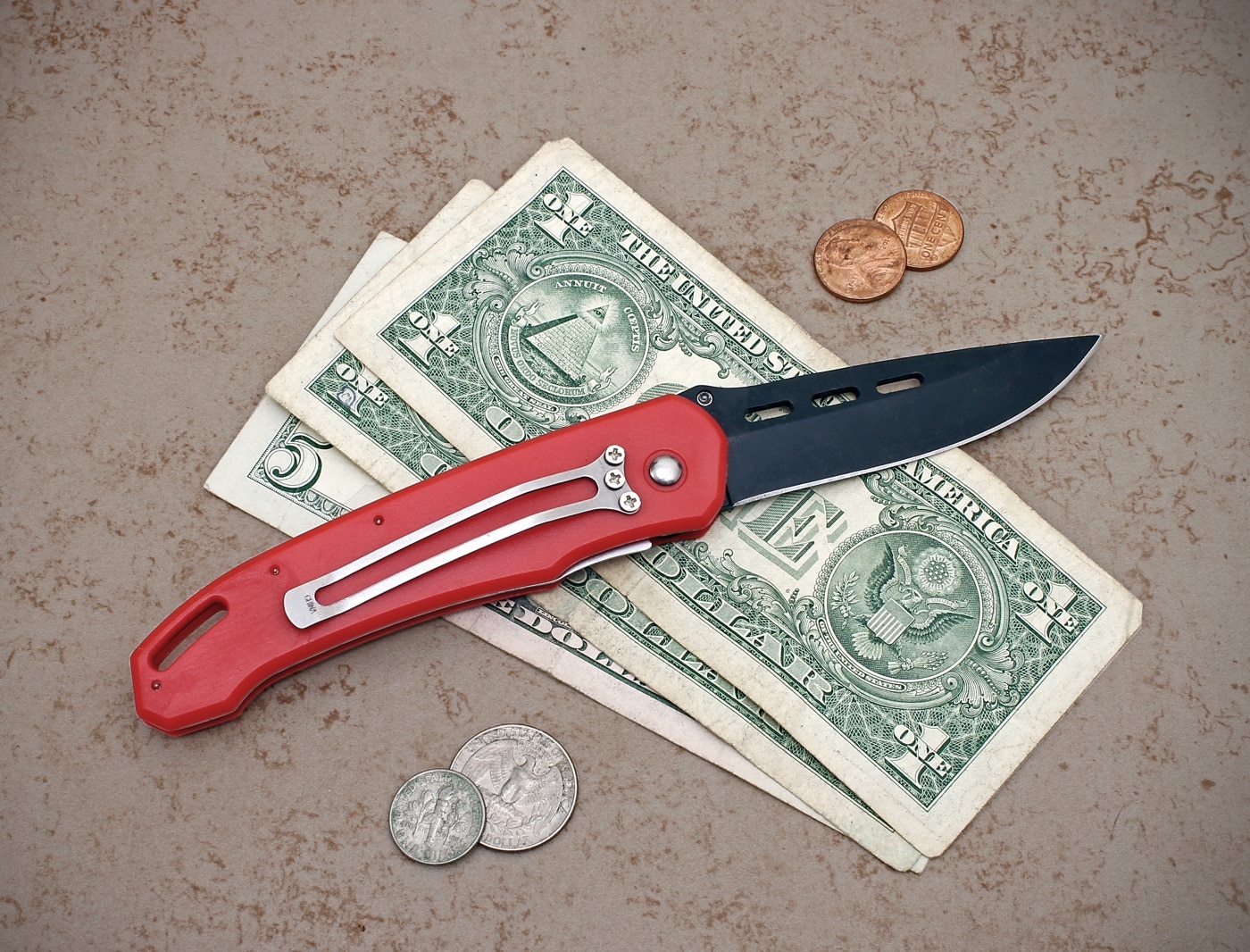In the article "Is My Knife Dangerously Cheap?" by Clayton Walker, the author discusses the variance in quality between inexpensive knives and their more costly counterparts. Walker recounts his initial reluctance to spend money on knives, a perspective that evolved as his appreciation for quality blades grew. Over time, his collection expanded beyond just a few pieces to over a hundred. The author argues against the assumption that all knives are of equal quality, emphasizing the differences in design, materials, and safety features.

The article highlights the importance of understanding the materials used in knife construction. Walker explains that quality knives often feature blades made from materials with specific characteristics, such as edge retention or corrosion resistance. In contrast, cheaper knives frequently employ low-grade materials that perform poorly, dull quickly, and may pose safety risks. Locking mechanisms and handles on inexpensive knives are particularly criticized due to their failings under moderate stress, heightening the risk of injury.
Walker shares insights into the value of investing in a quality knife, pointing out that reputable brands offer reliable options within reasonable price ranges. He advises against purchasing generic knives, which are prone to early failure and may not meet user expectations. Instead, he recommends knives from trusted brands like CRKT, Kershaw, Civivi, CJRB, Schrade, SOG, Kizer, Gerber, Cold Steel, or Spyderco as worthy investments for regular use. Walker concludes that spending slightly more for a well-made knife can save one from the pitfalls associated with cheaper, less reliable options.
For more details, visit the full article: Is My Knife Dangerously Cheap? - The Armory Life
```
No comments:
Post a Comment